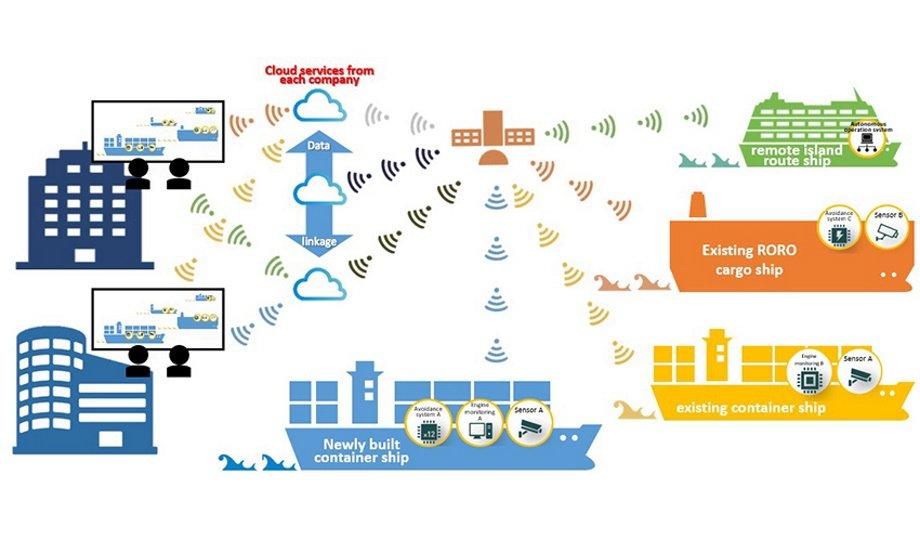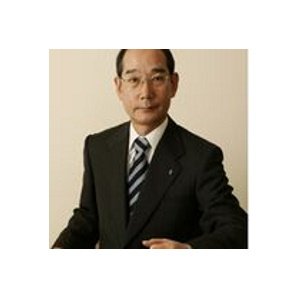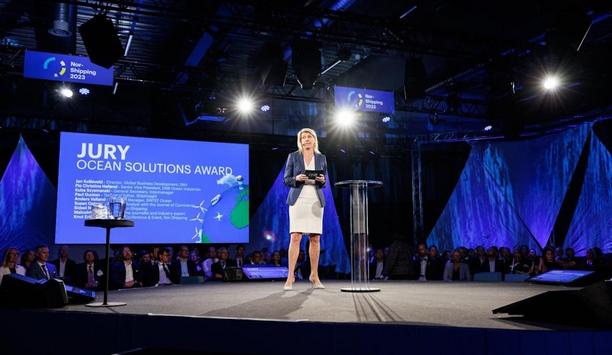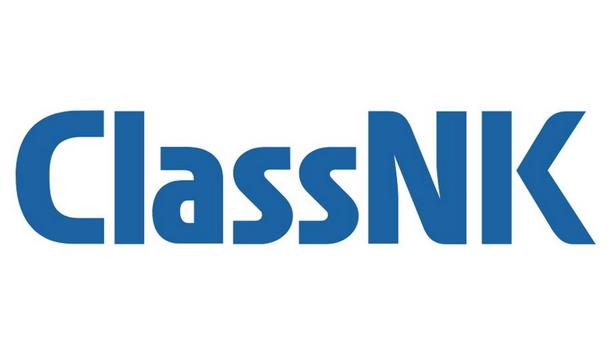Furuno (headquartered in Nishinomiya City; President and CEO: Yukio Furuno) will participate in the Joint Technological Development Program for the Demonstration of Fully Autonomous Ships under the MEGURI 2040 Fully Autonomous Ship Project (‘MEGURI2040’), administrated by the Nippon Foundation, as a member of the Designing the Future of Fully Autonomous Ships Plus consortium (“DFFAS+”), which comprises 51 companies based in Japan.
On July 20, the Nippon Foundation held a seminar on the MEGURI2040. At the seminar, an overview of the second stage of MEGURI2040 and the project's initiatives were presented.
MEGURI 2040 Fully Autonomous Ship Project (‘MEGURI2040’)
This program is positioned as the second stage of MEGURI2040, which started in 2020
This program is positioned as the second stage of MEGURI2040, which started in 2020, and aims for full-scale commercialisation of fully autonomous ship technology by 2025, which was developed in the ‘Joint Technological Development Program for Demonstration of Fully Autonomous Ship’, which was carried out as the first stage, in cooperation with the Nippon Foundation.
Program Overview
The program will aim for full-scale commercialisation of fully autonomous ships technology by 2025, with four goals.
1. Demonstration test
In addition to designing next-generation ships that will support the coastal shipping industry in the future, a demonstration of ship-land operations will be conducted to simulate the future coastal shipping industry that will be supported by fully autonomous ships.
The demonstration will use four different types of ships (a newly built full package container ship; with a fully autonomous navigation function, an existing container ship, a RORO cargo ship and a remote island route ship; with some autonomous navigation function) and two Fleet Operation Centres.
2. Standardisation of developed technologies
To refine the fully autonomous ships technology developed in the first stage, and by standardising these technologies into international standards, to strengthen Japan's maritime industry and lead the international competition in fully autonomous ships technology.
3. Reinforcement of development process infrastructure
Based on the development process infrastructure established in the first stage, reinforce it further by upgrading simulation technology, generalising risk assessment, etc.
4. Social Implementation
To commercialise an autonomous navigation function (including a land-based monitoring function) and to establish a certification scheme necessary to commercialise the function.
In addition, to improve the environment for social implementation, they will utilise their knowledge of technological development to establish international and domestic rules for fully autonomous ships, examine human resource requirements and training methods to accommodate new working styles, study the use of deregulation and other methods to ensure the continuous commercial use of fully autonomous ships, and examine insurance and freight rates for fully autonomous ships.
Approach
Furuno participated in two consortia, ‘DFFAS’, the predecessor of ‘DFFAS+’
Furuno participated in two consortia, ‘DFFAS’, the predecessor of ‘DFFAS+’, and ‘Autonomous technology experiment on container ships and car ferries’.
In the second stage of MEGURI2040, they will continue to be involved in the development of autonomous navigation technologies, such as situational awareness of the ship’s surroundings (Recognition Support), automatic collision avoidance (Decision Support), and the development of onshore support centres.
This will be carried out for three ships, a newly built full package container ship with the fully autonomous navigation function, an existing container ship, and a remote island route ship.
Commercialisation of fully autonomous ships by 2025
In order to solve social issues in Japan’s coastal shipping industry, such as reducing labour shortages and workloads, preventing maritime accidents, and maintaining remote island shipping routes, and to support stable domestic logistics and transportation infrastructure, the Nippon Foundation, DFFAS+ participating companies, and domestic and international partner organisations will continue to work together toward the commercialisation of fully autonomous ships by 2025.
Furuno is dedicated to promoting initiatives that contribute to the achievement of the Sustainable Development Goals (SDGs) and aims to contribute to the following goals by focusing on the utilising of digital technology for unmanned navigation ships.











